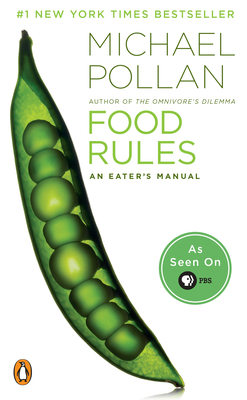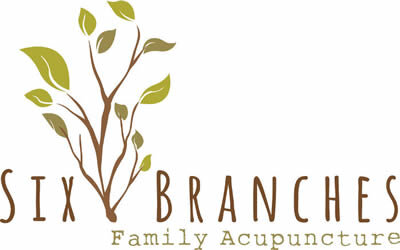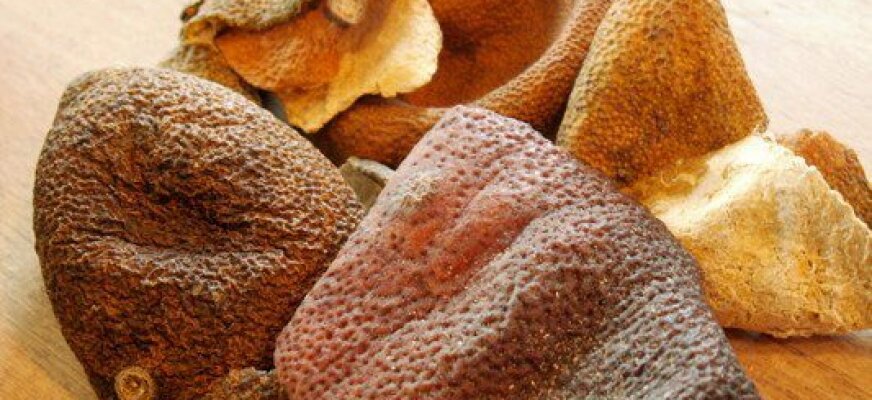Since we've all just recovered from the Thanksgiving Turkey, only to gear up for the Christmas Goose/Chanukah brisket, I thought I'd share this very important book with you.
The China Study tells the story of T. Colin Campbell, PhD, a prominent researcher in nutrition science who, over 30+ years of studying the effects of diet on cancer, has come to the conclusion that eating animal-based protein (meat, eggs, and dairy) is at the root of the "diseases of affluence" that afflict our society.
His work began in the 1970's by studying carcinogenic toxins, but he quickly began to discover the importance of diet in the development of cancer. Many people go to great lengths to avoid toxins in their food - buying organic, avoiding nitrates in meat, or styrofoam or BPA in food packaging. Dr. Campbell's research showed that more important than the presence of toxins is the presence of excess animal-based protein, which actually enables the damaging effects of toxins to develop into full-blown cancer. These findings led Dr. Campbell to get funding for the China Study, which was a broad-scale study that gathered information on the eating habits and health outcomes of people in different parts of rural China. The book goes into all of these findings and outcomes in detail, so I won't summarize all the evidence here, but Dr. Campbell makes a very strong case for eating a plant-based diet. He also uses the last part of the book to detail his experiences and frustrations with the Industry of food and food science.
Dr. Campbell is advocating for a plant-based, whole-foods way of eating. He is not talking about being vegan for the sake of the animals or for its lower environmental impact. He is not talking about being a vegetarian who eats a lot of refined carbohydrates. He does suggest eliminating all animal-based protein as a recipe for health and longevity, but he doesn't find it all that important if your vegetable soup might have a chicken stock, or your whole wheat bread has a small amount of dairy in it. According to Dr. Campbell, it's more important that a) you don't have a burger or pour a cup of milk in your cereal everyday and b) you are eating whole foods: whole grains, legumes, vegetables and fruits.
Now, the times when I have walked away from dairy have been some of the healthiest times in my life. However, I was once a vegetarian and I have to say, forsaking meat entirely didn't work for me. There are just certain times when I crave meat. Chinese Medicine, also, doesn't advocate for everyone to give up meat entirely. In TCM, meat has a warming, yang energy. For people with certain imbalances, eating meat is actually seen as therapeutic. But like a therapeutic drug, even people with those imbalances don't need it everyday. When consumed in excess, that warming, yang energy could also fuel some undesirable processes and create imbalances.
Let's remember that TCM theory developed at a time when people didn't have access to meat on a regular basis. People at that time were often undernourished and working physically all day long. Until fairly recently, no one in China was eating a lot of meat on a regular basis, certainly not daily as we do in North America. As The China Study discovered, as meat consumption in China has risen, so have the rates of all the major diseases we see in the US today, such as cancer, heart disease, and diabetes. The fact is that most omnivorous people in North America are eating way too much meat, eggs, and dairy.
I prefer a flexible approach to eating that takes my cravings into account, but The China Study makes a very compelling case for cutting meat and dairy out of most of my meals and it's a must-read if you're interested in health. I'm reminded of a mantra from another great book, Michael Pollen's Food Rules: an Eater's Manual:

*Eat food (real, whole, not processed)
*Not too much
*Mostly plants
Have other books you'd like to suggest for our bookshelf? Feel free to leave a comment here!


